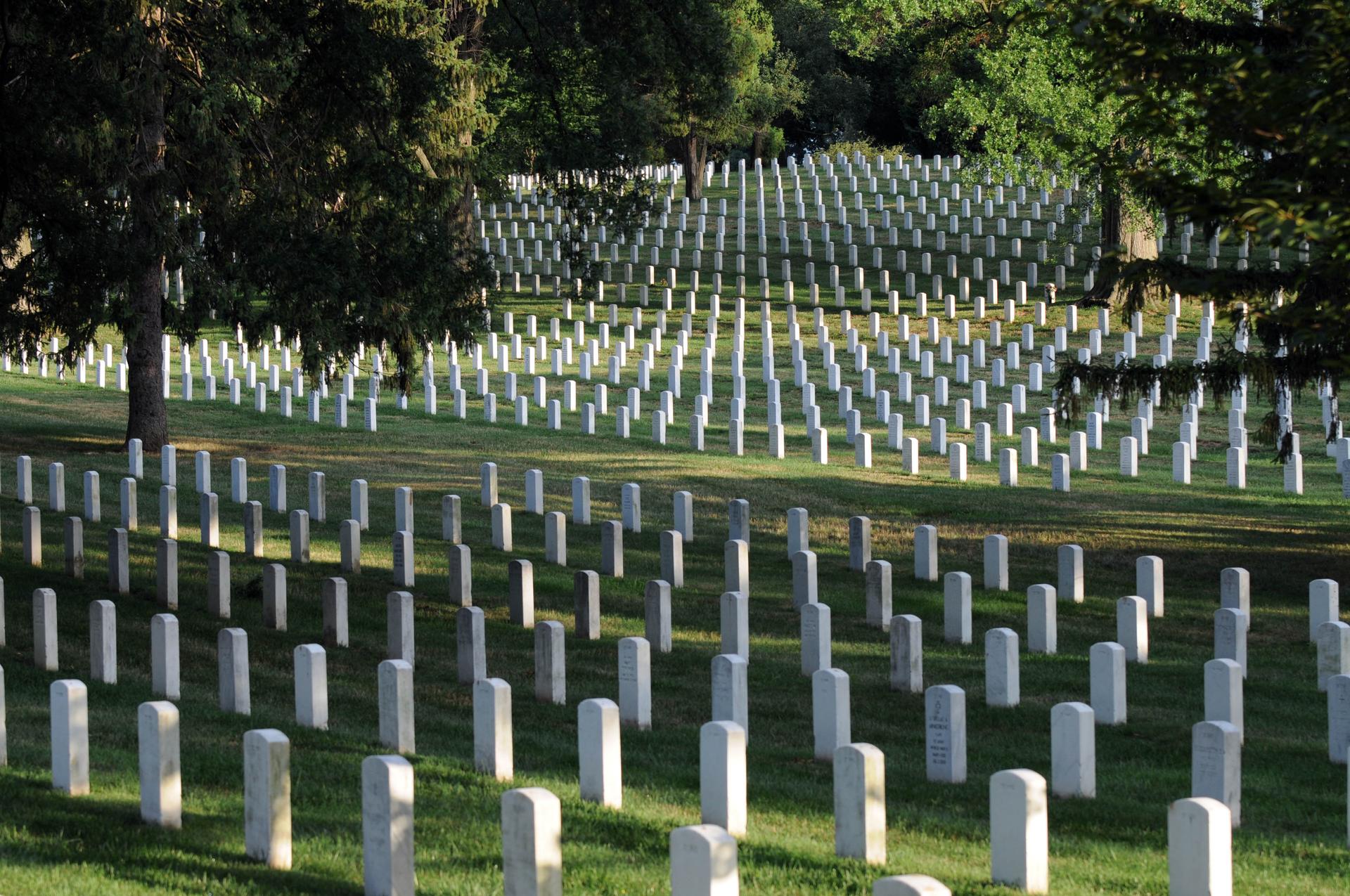Hmong veterans of Vietnam War seek burial rights in military cemetaries
Arlington National Cemetery in Arlington, Va., is one of 146 military cemeteries in the United States. (Photo from Flickr user The Prime Minister’s Office.)
The “Secret War” during the Vietnam War saw the United States Central Intelligence Agency recruiting Hmong men in Laos to fight on the war fronts in Laos and Cambodia.
A mass migration of the Hmong people from Laos to the United States followed, including many veterans of that conflict. According to the Minneapolis Star Tribune, an estimated 30,000 people, 10% of the Hmong population in Laos, died in the war and more than twice that many moved to the United States. Today, of the more than 60,000 Hmong living in America, about 3,500 are veterans.
Now, those veterans want military burial rights. They are currently ineligible because they did not serve in the U.S. military, but rather as employees of the CIA. A bill in Minnesota, if passed, would ask the U.S. Congress to make Hmong veterans eligible for military burial in state and federal veterans’ cemeteries.
Michael Yang, the son of a Hmong veteran, John Yang, who was denied a military burial in 2006, testified in favor of the bill. He said it’s important to young Hmong-Americans because it documents the history of their people and their services.
“Even more important is for the dying out veterans. We have a very small number of them, and their last dying wish, like my father, is to be buried like a soldier alongside people who fought and died for freedom and democracy,” Yang said.
Mark Brunswick, a reporter for the Star Tribune, said U.S. veterans of the Vietnam War have largely been supportive of the Hmong effort.
“The reactions I got from Vietnam veterans when the story ran are almost universally positive toward allowing Hmong veterans to be buried, but it also just brought up a lot of memories of 40 years ago,” Brunswick said. “So the idea of the Hmong people and their participation in Vietnam is still pretty raw for a lot of people.”
Brunswick believes the bill will pass in Minnesota but that there is a larger federal issue.
“Who helped the American-Somalis, Afghans, Iraqis, and what happens when those people seek the same sort of deal?” Brunswick said.
The lives of relocated Hmong people has become a recent hot topic in American cinema and has been the subject of controversial parody in Minnesota. There are currently no hearings scheduled for the bill.
Our coverage reaches millions each week, but only a small fraction of listeners contribute to sustain our program. We still need 224 more people to donate $100 or $10/monthly to unlock our $67,000 match. Will you help us get there today?
